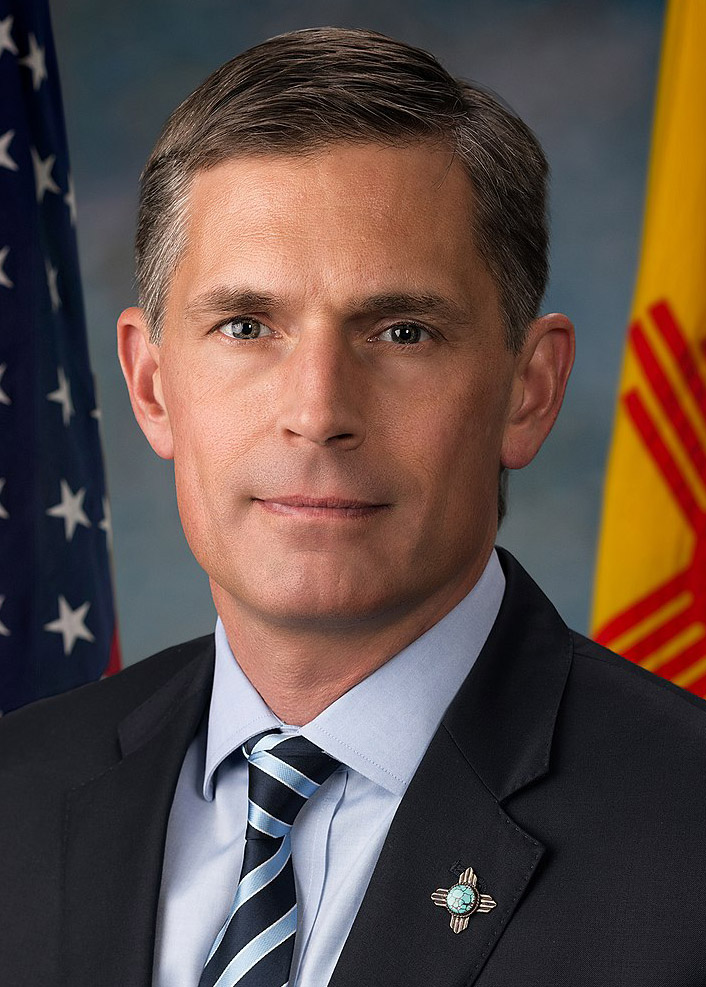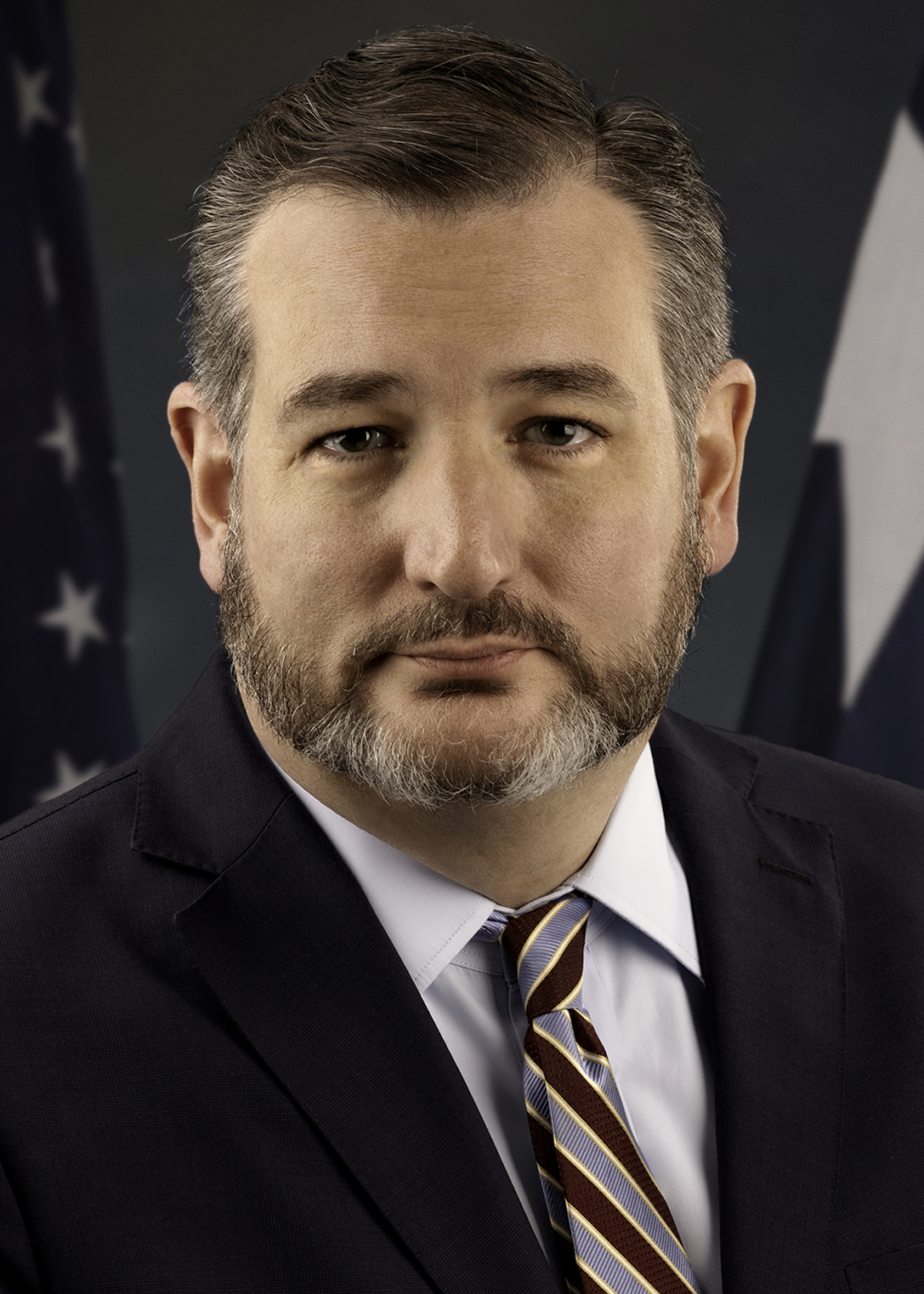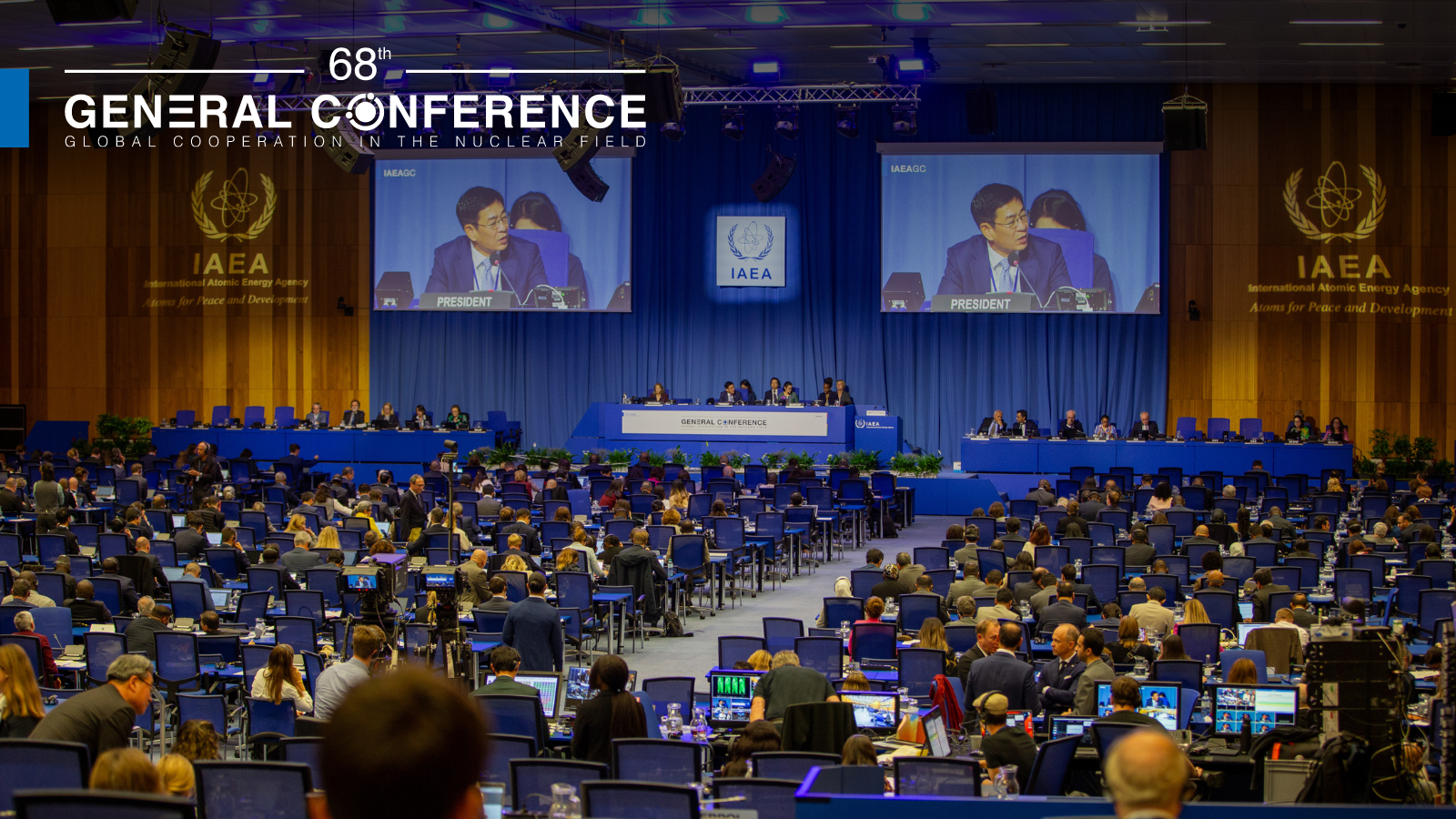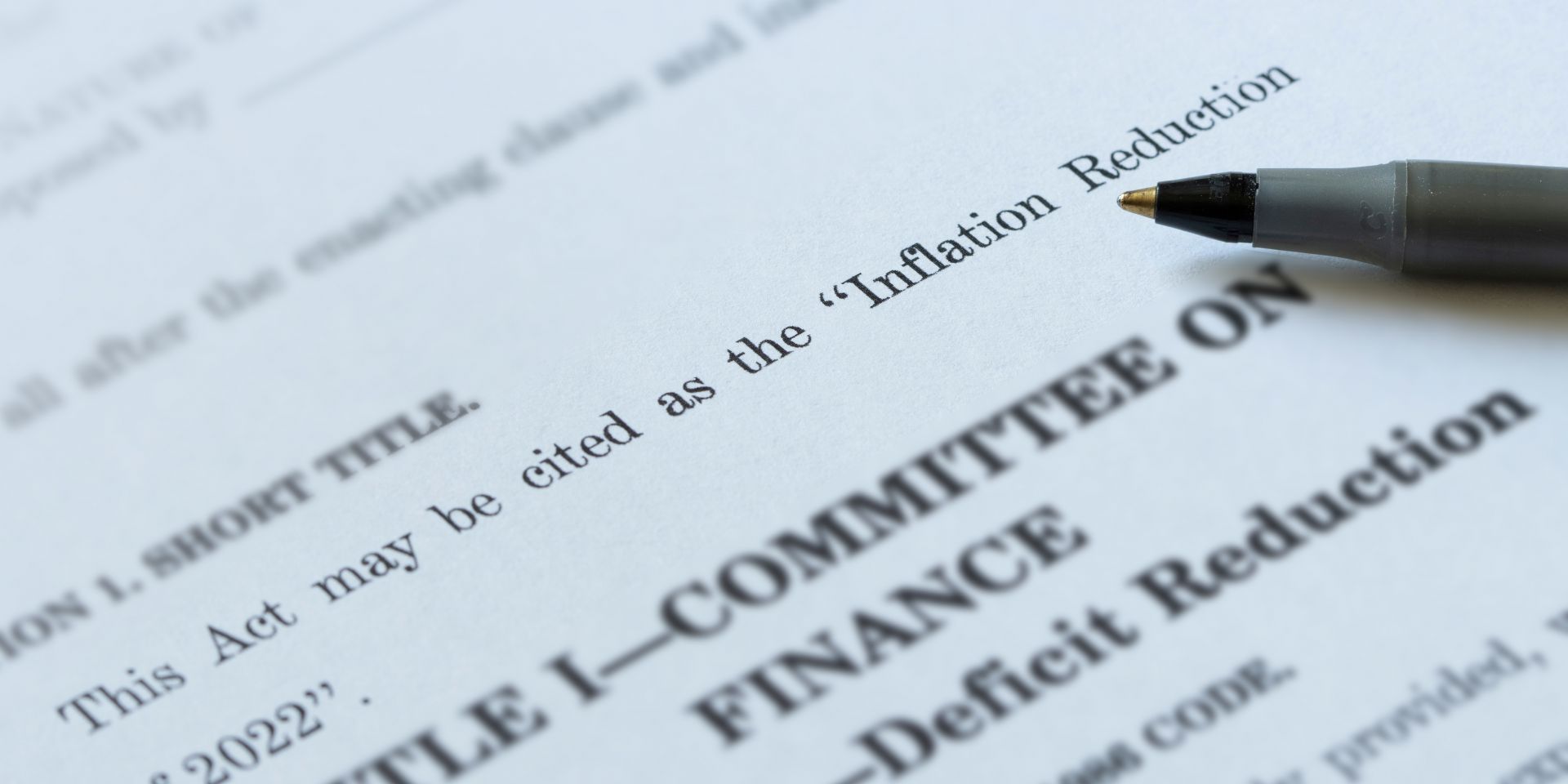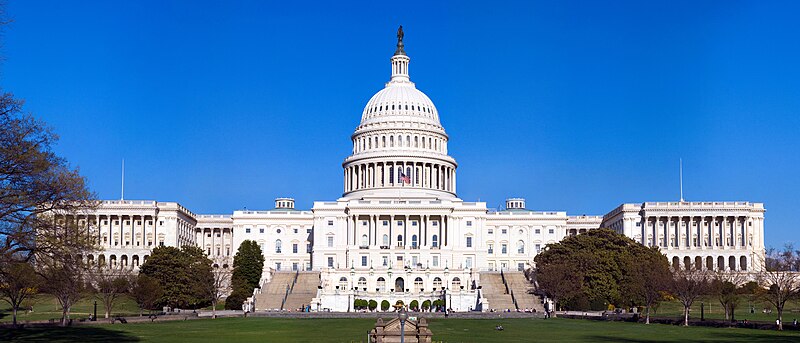Ohio bill would designate nuclear energy as “green”

DeWine
State legislation that designates nuclear power as “green energy” and expands oil/natural gas hydraulic fracturing (fracking) leases on state land was forwarded this week to the desk of Ohio Gov. Mike DeWine. The Republican governor has 10 days after receiving House Bill 308 to either sign it into law or veto it. A “green” designation would imply state recognition that nuclear energy causes no harm to the natural environment.
Pro arguments: In its coverage of the bill, Spectrum News quoted Greg Lawson, a research fellow at the Buckeye Institute, as defending nuclear energy. “Nuclear energy is zero carbon emission, and from that standpoint, it certainly addresses a lot of the concerns that folks have when they’re concerned about what happens to the climate. . . . Right now, Ohio is facing a real challenge. We’ve got a lot of data centers coming into Ohio. This is a massive issue. These things consume just incredible amounts of electricity,” Lawson said.


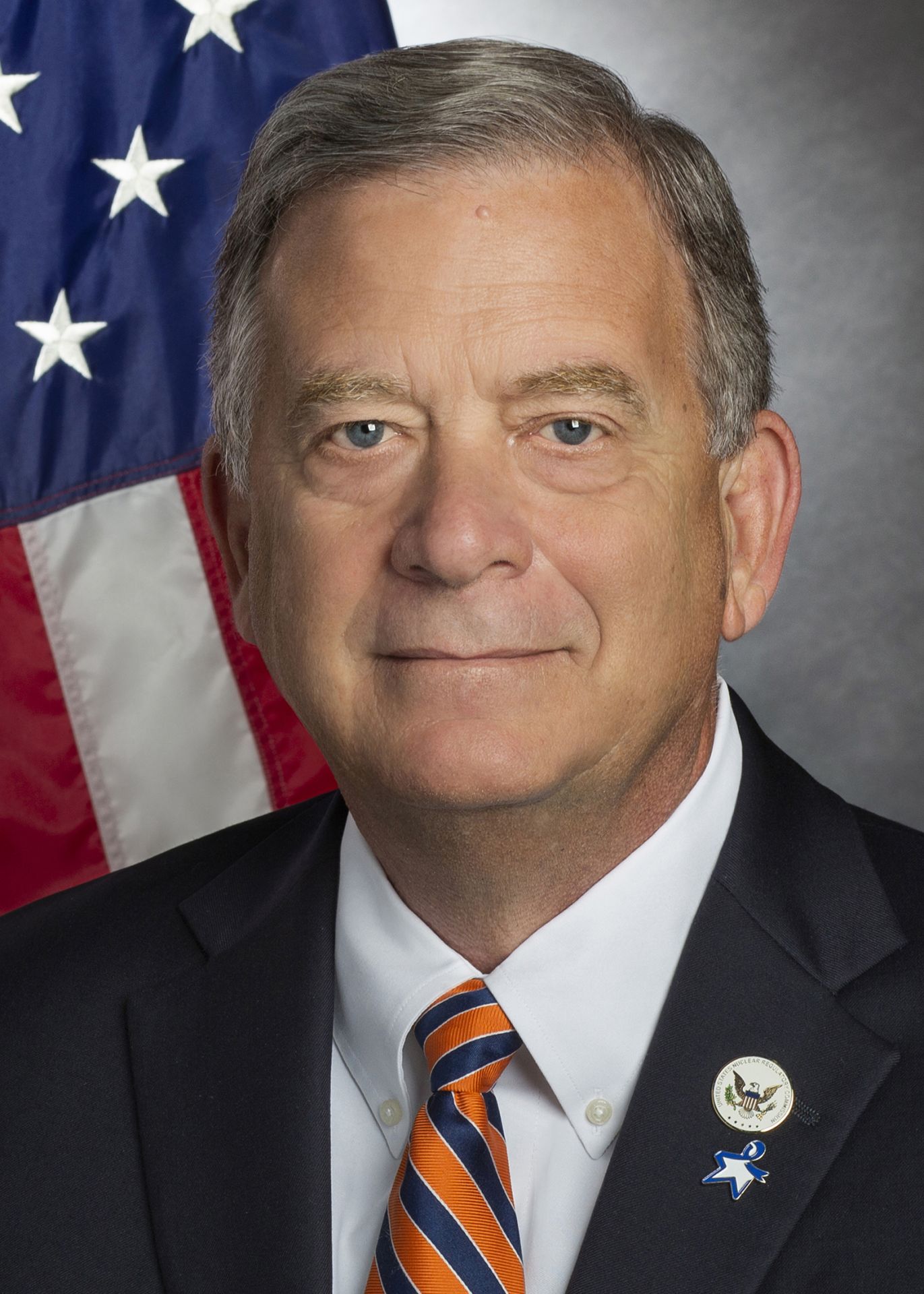
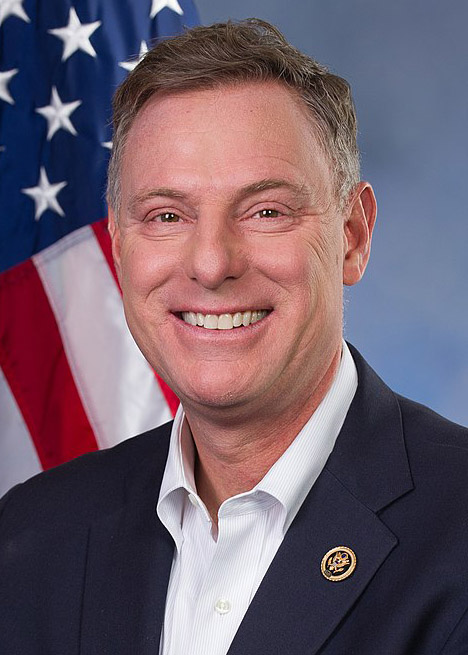
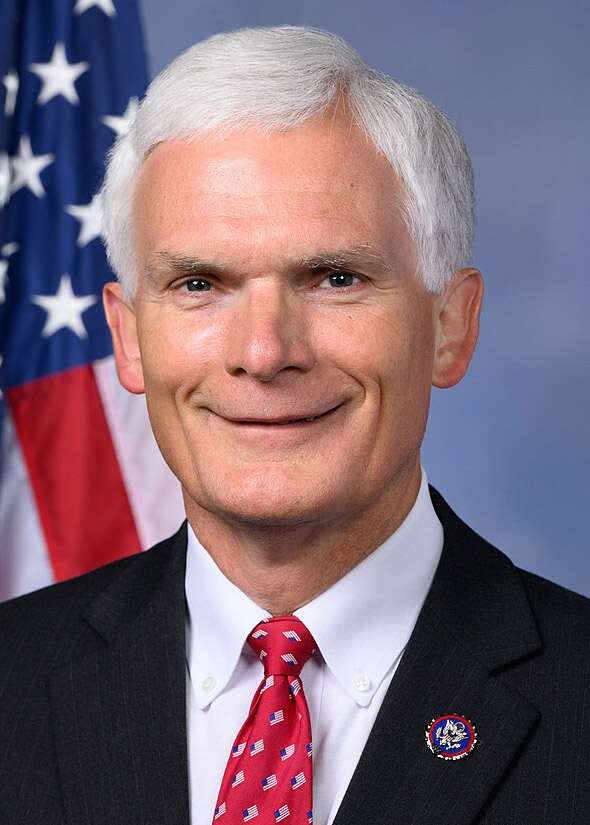

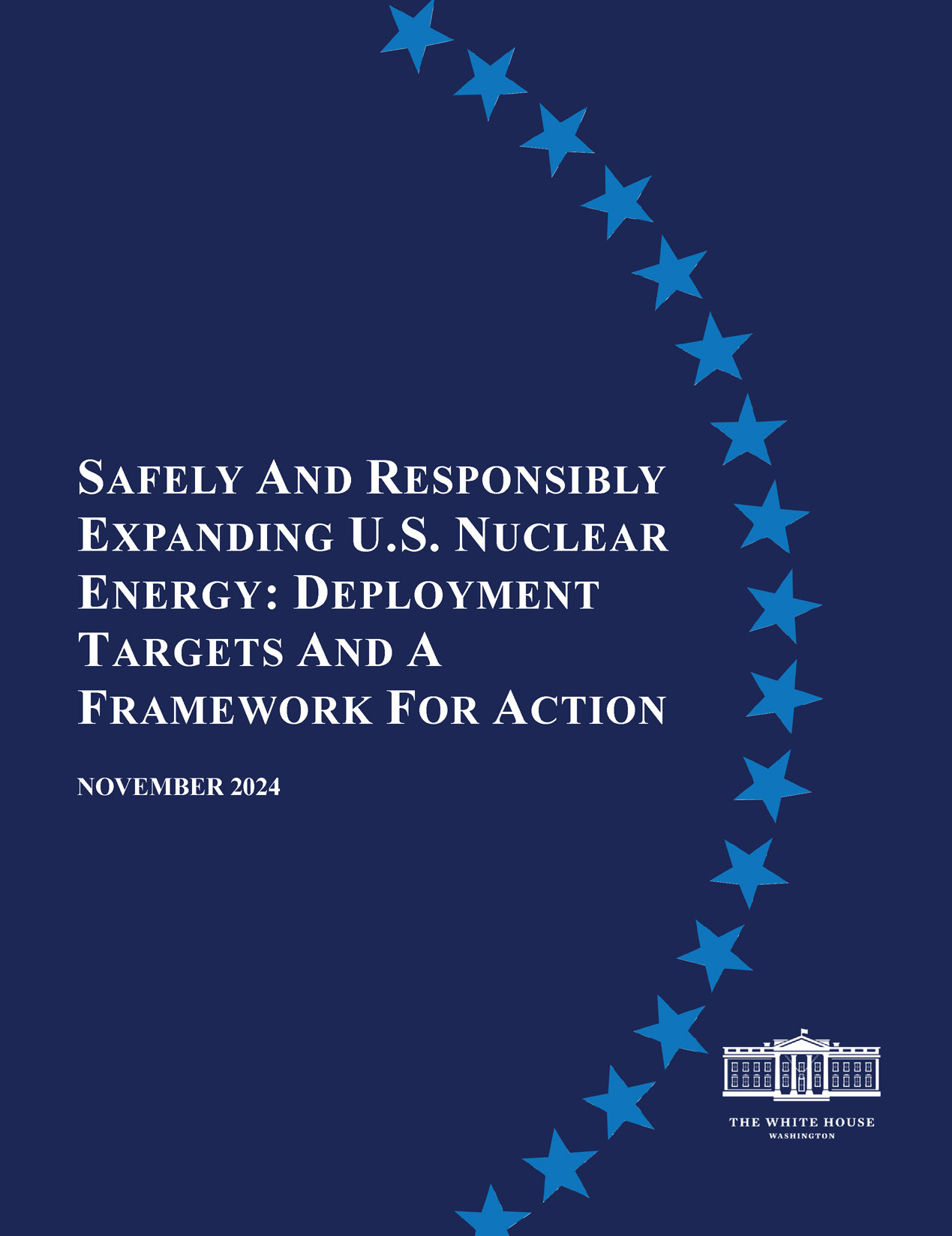 As the United Nations’ COP29 climate summit kicked off this week, President Biden’s administration laid out plans to add 200 GW of nuclear power in the next 25 years through a combination of new reactor deployment, plant restarts, and upgrades at existing sites.
As the United Nations’ COP29 climate summit kicked off this week, President Biden’s administration laid out plans to add 200 GW of nuclear power in the next 25 years through a combination of new reactor deployment, plant restarts, and upgrades at existing sites.